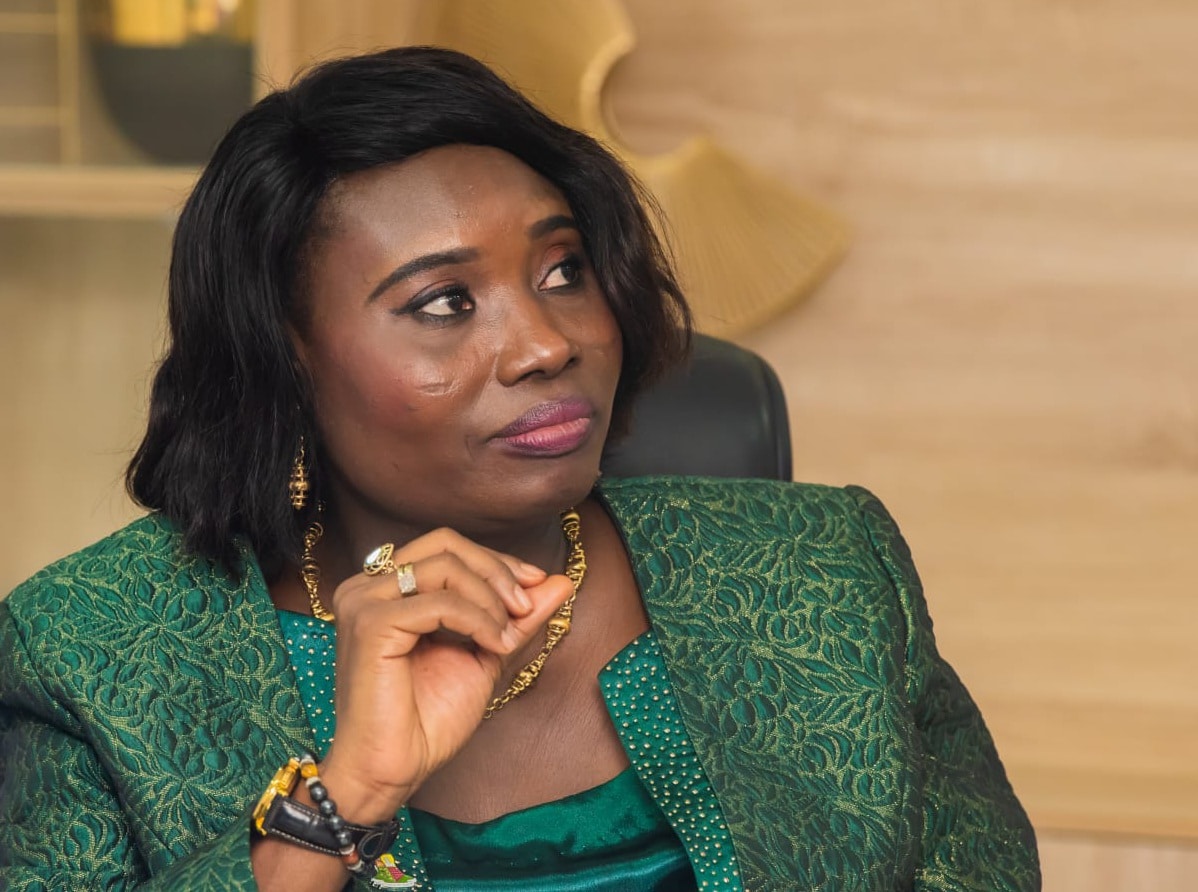By Odunayo Oluwabukola,Ibadan
Professor Olanike Adeyemo, the Secretary to Oyo State Government, has been reappointed to the Steering Committee of the High Level Panel of Experts on Food Security and Nutrition (HLPE-FSN) of the United Nations Committee on World Food Security (CFS).
This was contained in a statement by HLPE-FSN, on Friday October 27, 2023 via https://www.fao.org/cfs/cfs-hlpe/insights/news-insights/news-detail/world-renowned-experts-join-forces-to-tackle-global-food-security-challenges–meet-the-new-hlpe-fsn-s-steering-committee/en.
The reappointment is in recognition of her immense contribution to food security and human nutrition globally.
The HLPE-FSN is the United Nations body for assessing the science related to global food security and nutrition.
The HLPE-FSN is governed by a Steering Committee of 15 world-renowned scientists drawn from academia, research institutions, the public and private sector, civil society and other constituencies.
Professor Adeyemo is one of the three African members of the Steering Committee, including Mr. Serraj Rachid from Morocco and Hettie Schonfeldt, a national of South Africa. She will serve for two additional years.
The letter conveying her reappointment reads in part: “Your reappointment reflects your exceptional experience and expertise, and it is a remarkable achievement that shows the high regard in which you are held within the FSN community.”
Professor Adeyemo, who was appointed the Secretary to the Oyo State Government in July 2023 in recognition of her contributions to the development of the state, has led extensive research works whose results have had positive impact on food security and human nutrition.
Adeyemo bagged the Doctor of Veterinary Medicine (D.V.M.), Master’s degree in Veterinary Public Health (MVPH) and Ph.D. Veterinary Public Health, in 1994, 1998 and 2005 respectively from the University of Ibadan, Nigeria.
A COMSTECH Distinguished scholar and the Pioneer Deputy Vice-Chancellor (Research, Innovation and Strategic Partnerships) at the University of Ibadan, between 2017 and 2021, she joined the services of the university in March 1999 as Lecturer Grade II in the Department of Veterinary Public Health and Preventive Medicine. She became Lecturer in 2002, Senior Lecturer/Assistant Professor in 2005 and Reader/Associate Professor in 2008. In October 2011, she became a full Professor.
From August 2013 to July 2015, she was a Schlumberger Foundation-sponsored Visiting Scholar at the Center for Human and Environmental Toxicology, Department of Physiological sciences, University of Florida, Gainesville, USA.
A 2013 Fellow of the College of Veterinary Surgeon, Nigeria and a Registered Veterinary Surgeon, Adeyemo is a Fellow of many academies, such as the International Science Council (ISC), The World Academy of Sciences (TWAS), the Society for Environmental Toxicology and Pollution Mitigation, the Nigerian Academy of Science, the African Academy of Sciences and the African Scientific Institute (ASI), USA.
She is also a member of many learned societies, including Society of Toxicology (SOT), the Nigerian Veterinary Medical Association (NVMA), the Fisheries Society of Nigeria (FISON), the World Aquatic Veterinary Medical Association (WAVMA) and the Organization for Women in Science for the Developing World (OWSDW).
Professor Adeyemo’s scholarship and leadership are around “One Health” trans-disciplinary research that cuts across traditional boundaries and paradigms to create novel conceptual, methodological, and translational innovation at the environment-livestock-wildlife-human interface with significant policy implication for Nigeria, the African Continent, and the rest of the world.
She is the host PI on the project (2020–2023) titled “Improving Biosecurity: A Science-based Approach to Manage Fish Disease Risks and Increase the Socio-economic Contribution of the Nigerian Catfish and Tilapia Industries” in collaboration with colleagues at Mississippi State University, USA and WorldFish, Malaysia is facilitated by USAID grant under the Fish Innovation Lab for Fish. The project is aimed at improving Nigerian aquatic animal production bio-security and health management.

